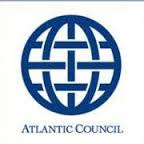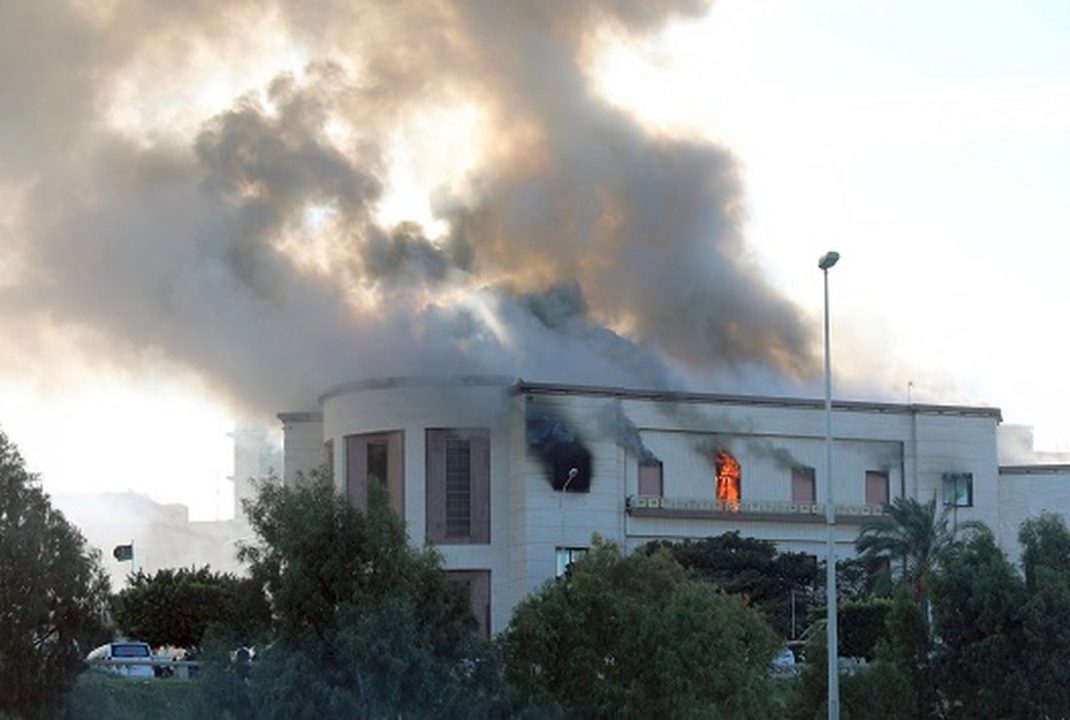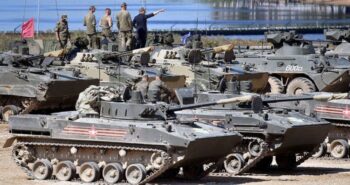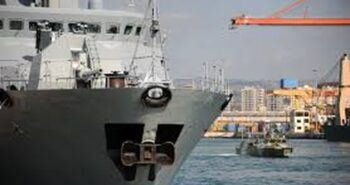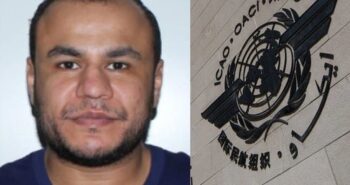By Karim Mezran & Wolfgang Pusztai

 The conference on Libya held in Palermo, Italy last November saw neither the rising of a new dawn in terms of security and political consensus nor the development of a strong agreement around a well-defined plan.
The conference on Libya held in Palermo, Italy last November saw neither the rising of a new dawn in terms of security and political consensus nor the development of a strong agreement around a well-defined plan.
Instead, what emerged was the reiteration by all the Libyan and European delegations of their support for the actions of the United Nations Special Mission in Libya (UNSMIL) and a vague definition of a roadmap to a solution to the country’s crisis. In other words, there were minimum results but results nonetheless.
PART TWO
Location of the Government
A government needs its own proper protection to independent from local warlords. Otherwise, its authority will be never ever accepted throughout Libya, as no one wants to be ruled by a government at the mercy of Tripoli militias.
As the failure of the GNA and the previous governments proves, unfortunately this is currently not the case.
There are three possible solutions to ensure the government’s security:
The first one is to establish an independent, capable, and trusted Libyan force. Regrettably, it is not realistic that—for at least another 12-15 months—there could be such a Libyan-made force and only if things are properly in place.
The second option would be to employ an international protection force to establish a secure environment. One of those European Union Battle Groups, which are permanently on standby for rapid reaction, could establish a “safe zone” around Mitiga airport and Abu Sita navy base.
Unfortunately, the appetite of Europeans for such a mission is rather low. On the other hand, an invitation by a proper Libyan authority like the Head of State or the parliament would be required—and such an invitation could bring a lot of trouble within Libya for this authority, because all the elements benefiting from the current chaos would heavily oppose it.
The third option is a temporary relocation of the decision makers and their closest staff to a safe zone. Such a zone must be on the northern coast, at or in the vicinity of an airport, and preferably also close to a harbor. It must be further away from the “main combat zones” to make it easier to protect.
Most importantly, it must be established with the consent of the local population who needs to defend it with international support. Ras Lanuf or Es Sider could be viable options.
A neutral zone around these terminals—without any militias—could also defuse the conflict for control of these crucial assets. Although this would be a very tough nut to crack, a temporary relocation of the government could be a solution until a return to Tripoli is possible.
Interim Framework
It is hardly advisable for any country to undertake elections without the presence of a constitutional framework. In a country like Libya that emerged from a civil war which overthrew a 42-year dictatorship, a robust constitution is even more important.
The Libyans could decide to go to elections in order to elect a constituent assembly, which would be in charge of drafting a constitution, more or less something similar to what happened in Tunisia. There is also another option, one that sees the adoption of the 1963 constitution with some amendments.
In particular, the inclusion of a new social contract formula that establishes a mechanism for the distribution to all citizens of the revenues of oil and gas sales and one about decentralization should be included as well.
The 1963 constitution established a monarchy; this should be modified whether by appointing a well-respected personality as a president in the place of a king or adopt the mechanism established by the LPA signed in Skhirat in December 2015, which sees the establishment of a nine-member Presidential Council (PC).
This could be reduced to three members to make it more functional. In fact, a step in this direction has been made by the House of Representatives (HoR) in Tobruk and the High State Council (HSC) in Tripoli.
For the interim period it is also important to have a central government mostly formed by technocrats who would undertake the responsibility of establishing a minimum degree of security in the country as well as undertaking the economic reforms necessary to start the Libyan economy.
In this field, it would be important that the interim constitution foresees that the main central institutions—the National Oil Corporation, the Central Bank of Libya, and the Libyan Investment Agency—remain under the control of the central government.
These institutions in fact constitute the backbone of the Libyan state and are the few pillars keeping Libya afloat right now. Only after these minimum requirements are established, the country could be directed to hold elections.
Elections are a necessary point of arrival in the process of stabilization that passes through the National Conference and the work of a central government to bring some order and security to the country. Therefore, the question is not whether to hold elections but when.
Achieving Legitimacy
A key question is how to achieve legitimacy for this new approach. The preferred option among the Libyan political class for ratifying the interim Constitution is the National Conference.
The HoR and HSC could be an alternative body through which to fulfill this referendum, as both would have a future under (and therefore stake in) the interim framework, because the old constitution foresees a Senate and an HoR.
They could continue as an interim parliament until a round of elections would replace the body. The members of the new PC should be selected by the HoR and the HSC in consensus.
The prime minister of the new government and its ministers will be appointed by the Head of State, in accordance with the interim Constitution as explained above (see Art. 72 of the 1963 constitution).
Conclusion
Such an approach is a true Libyan solution. It is based on numerous discussions with many Libyans from all parts of the country and an unbiased analysis of what is realistically possible.
It is a solution that passes from the holding of a National Conference, where big decisions are taken by the Libyan representatives, through the works of a Libyan government and local authorities culminating in elections based on an interim constitution approved by Libyans.
Time is a major concern. The situation of the local population is worsening; discontent is growing. Differences between factions are deepening, while terrorists are gaining ground in the south.
There is a good possibility of a breakup of the country into several parts and a major civil war. But it seems to be that the strong man in the East, Marshall Haftar also has an interest to deliver a real Libya-Libya solution.
There is a good chance, that the National Conference could become a turning point in Libya’s history.
***
Karim Mezran is a resident senior fellow at the Rafik Hariri Center for the Middle East.
Wolfgang Pusztai is a security & policy analyst. He is the Chairman of the Advisory Board, National Council on U.S.-Libya Relations and a Director, Perim Associates.
_____________________
